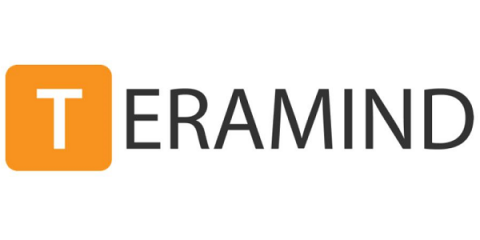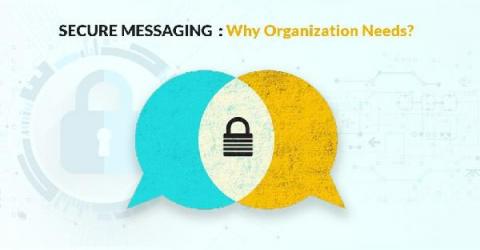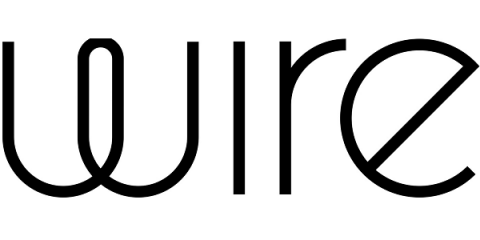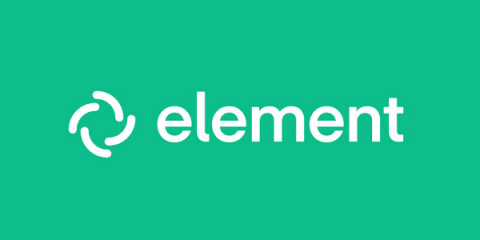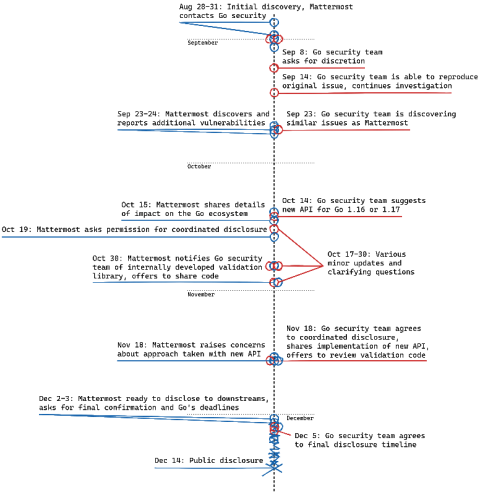Teams | Collaboration | Customer Service | Project Management
Security
Managing 2021: Preparing for the Hybrid Future of Work
Secure Messaging: Why Organization Needs?
It does not matter if you are a tech-savvy young individual who cares about his privacy or a professional with a business that holds secrets of values, secure messaging has already become a no-brainer for everyone. We all are using Facebook Messenger, WhatsApp, Skype, Google Hangouts, and even Instagram. But are they all SSL encrypted ? Businesses in today’s world are facing unprecedented risks.
5 Cybersecurity Predictions for 2021
Cybersecurity has quickly become a top priority for many organizations this year. This difficult time has shown us that even the largest corporations are not immune to vicious cyberattacks. Many organizations suffered breaches and lapses in security as they struggled to find the right solutions for staying connected while protecting valuable and sensitive information in the early days of remote work.
Top 5 Employee Monitoring Software of 2021
Top 5 Employee Monitoring Software For 2021
Here comes the missing communication layer of the web
Wow! Yesterday the EU published the Digital Markets Act, a legislative proposal seeking to protect the fundamental rights of users in the digital world. This proposal has the potential to be a major catalyst for the emergence of a unifying communications layer for the open web. Indeed the Digital Markets Act is pushing interoperability between messaging apps, which is a major win for consumers.
Three Principles for Security-First Architecture
The COVID pandemic has pushed many companies to quickly digitize operations in order to support decentralized teams. Unfortunately, in the rush to provide these systems, many soon discovered that that ease of use, compatibility, and efficiency can come at a heavy cybersecurity cost.
The Three Things You Need To Shake Up Your Industry
Alan Duric is the co-founder and CTO/COO of Wire, a secure collaboration platform. He is an experienced entrepreneur with a strong background in real-time communications. He’s the co-founder and CTO of Telio Holding ASA that is listed on the Oslo stock exchange, and Camino Networks, which was acquired by Skype/eBay.
Coordinated disclosure of XML round-trip vulnerabilities in Go's standard library
This blog post is a part of Mattermost’s public disclosure of three serious vulnerabilities in Go’s encoding/xml related to tokenization round-trips. The public disclosure comes as a result of several months of work, including collaborating with the Go security team since August 2020 and with affected downstream project maintainers since earlier this month.


